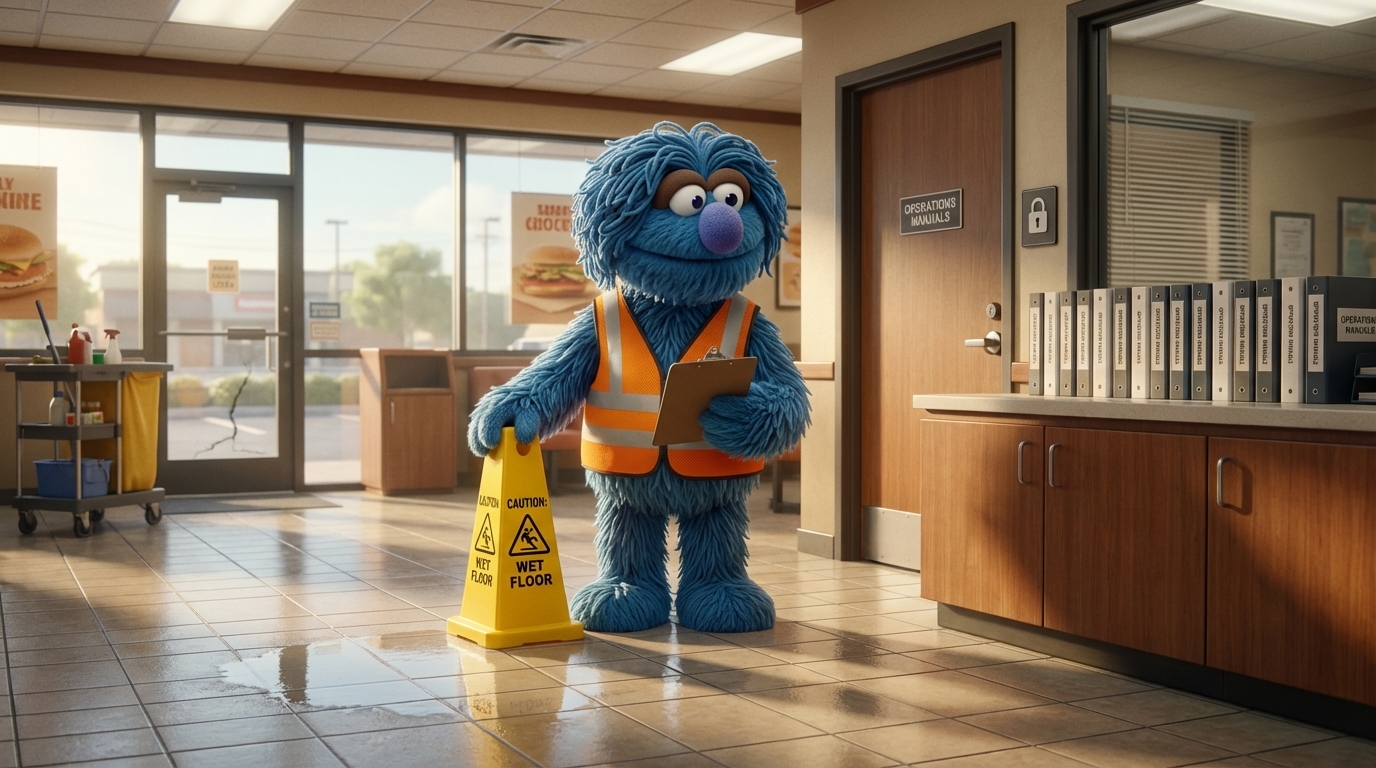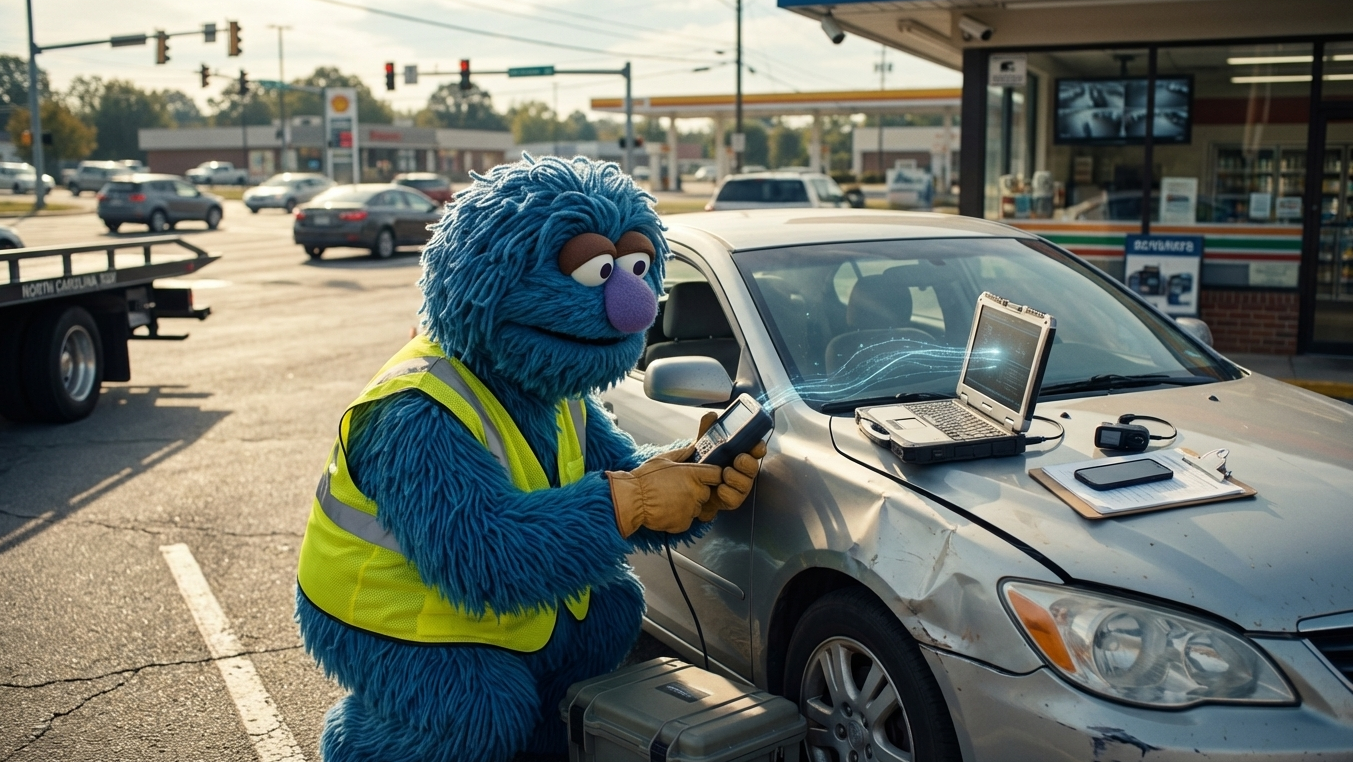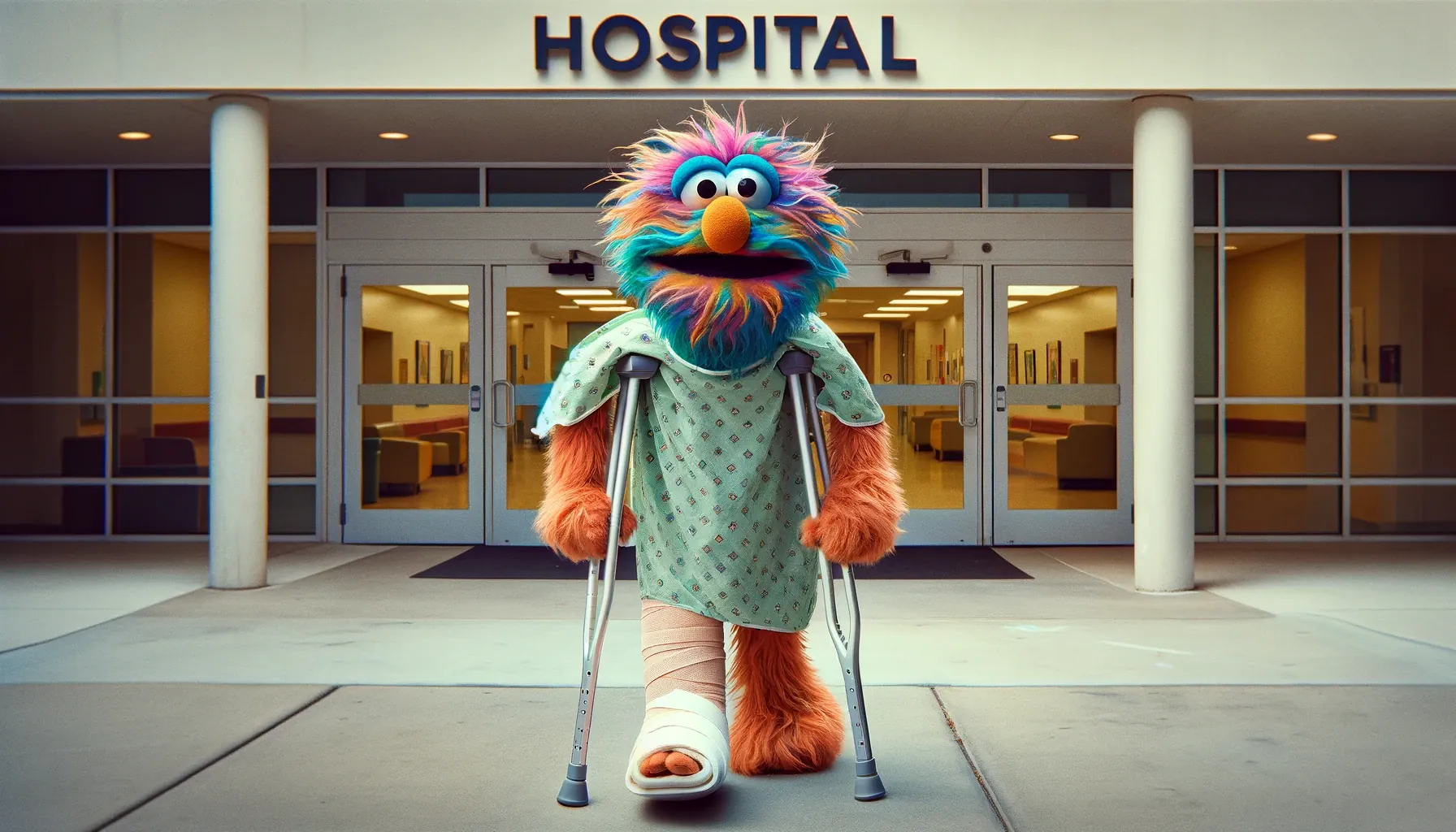Can you make a car accident claim without a police report?
Imagine that you’re cruising down a country road in Alamance County, singing along to your favorite tune, when suddenly your peaceful drive turns into a nightmare. A distracted driver swerves into your lane, causing you to veer off the road. In the adrenaline-fueled aftermath, you’re so focused on making sure everyone’s okay that calling the police slips your mind. Days later, as the soreness sets in and the repair bills start piling up, a worrying thought hits you: Can you still file a personal injury claim without a police report?
The short answer? Yes, you can. But let’s be real—it’s like trying to bake a cake without a recipe. Sure, it’s possible, but it’s a whole lot harder and messier. Let’s break down why police reports matter and how to navigate a claim without one.
The Lowdown on Police Reports
When the boys and girls in blue show up at an accident scene, they’re not just there to direct traffic. They’re gathering crucial information that can make or break your claim. Names, contact details, insurance info, witness statements, road conditions—it’s all there in black and white (or whatever color their forms are these days).
Insurance companies love these reports. When an adjuster picks up your file, that police report is often the first thing they reach for. It gives them a quick, supposedly unbiased snapshot of what went down. For many adjusters, the police report is the definitive account of what happened—handed down the heavens and inerrant.
Making an Insurance Claim Without a Police Report
So, you didn’t get a police report. Don’t panic—all is not lost. You can still file a claim, but you’re going to have to roll up your sleeves and do some legwork. It’s like being the detective in your own case. Without a police report, you’re missing that official stamp of credibility. Insurance companies might look at your claim with a bit more skepticism. You’ll need to be extra thorough in documenting everything about the accident.
DIY Evidence Gathering
If you find yourself in this boat, here’s what you need to do:
- Channel your inner photographer. Snap pictures of everything—the damage to all vehicles involved, the accident scene, any visible injuries. If you’re in Rockingham County and there’s a pothole that contributed to the crash, get a shot of that too.
- Become best friends with your notes app. Write down every detail you can remember about the accident. What direction were you traveling? What was the weather like? Was that streetlight in Wilkes County working or not?
- Hunt down witnesses like you’re casting for a reality show. Get their contact information and, if possible, a quick statement about what they saw.
- Keep every scrap of paper related to the accident. Medical bills, repair estimates, even the receipt for the Advil you bought at that gas station in Stokes County right after the crash—it all matters.
Why Police Reports Make Life Easier
Now, let’s talk about why having a police report is like having a golden ticket in the world of personal injury claims.
First off, it’s credible. When a police officer writes something down, it carries weight. It’s an unbiased third-party account of what happened. Insurance companies, courts, and juries tend to take these reports seriously. If the report is wrong in some way, it can be hard to convince the people deciding your case of the truth.
Secondly, it’s detailed. A good police report includes information you might not think to gather in the stress of the moment. The officer might notice skid marks on the road in Davidson County that indicate how fast the other driver was going, or they might talk to witnesses who leave before you get a chance.
The Clock Is Ticking
Here’s the kicker—whether you have a police report or not, time is not on your side. In North Carolina, you generally have three years from the date of the accident to file a personal injury lawsuit. But don’t let that fool you into thinking you can kick back and relax.
The longer you wait, the harder it becomes to gather evidence, track down witnesses, and build a solid case. Memories fade, evidence disappears, and before you know it, you’re trying to piece together what happened like it’s an episode of Cold Case.
Wrapping It Up
At the end of the day, yes, you can make a personal injury claim without a police report. But it’s like trying to win a game of chess with half your pieces missing—possible, but a whole lot harder.
If you find yourself in this situation, don’t throw in the towel. Gather every scrap of evidence you can, document everything, and consider talking to a personal injury attorney. They’ve seen it all before and can help you navigate these tricky waters.
Remember, just because you didn’t get a police report doesn’t mean you don’t have a case. It just means you’ve got to work a little harder to prove it. And if you’re facing an uphill battle with your claim.
Is there something we can help you with?
Fill out this form and we’ll reach out quickly to learn more about your situation. We’ll never pressure you. We’re just here to help you understand your rights. Keep in mind, we aren't your lawyers yet—so don't tell us anything that you would not want the other side to know!
The Hidden Financial Costs of a Serious Injury in North Carolina: What Your Personal Injury Claim Can Cover

Injured at a Chain Restaurant in North Carolina? Who’s Liable—Franchisee, Franchisor, or Both?

How Digital Evidence Can Make or Break Your North Carolina Personal Injury Case

Wrongful Death vs. Survival Actions in North Carolina: A Clear Guide for Grieving Families

Injured with a Preexisting Condition? How North Carolina’s Eggshell Plaintiff Rule Protects Your Personal Injury Claim

Health Insurance Liens Simplified

What to Do If You Think Your Doctor Has Made a Mistake

What Does it Mean to Hire a Lawyer On a Contingency Fee?

How to Choose the Right Personal Injury Lawyer: A North Carolinian’s Guide

Rule 9(j): The Gatekeeper of Medical Malpractice Cases in North Carolina

